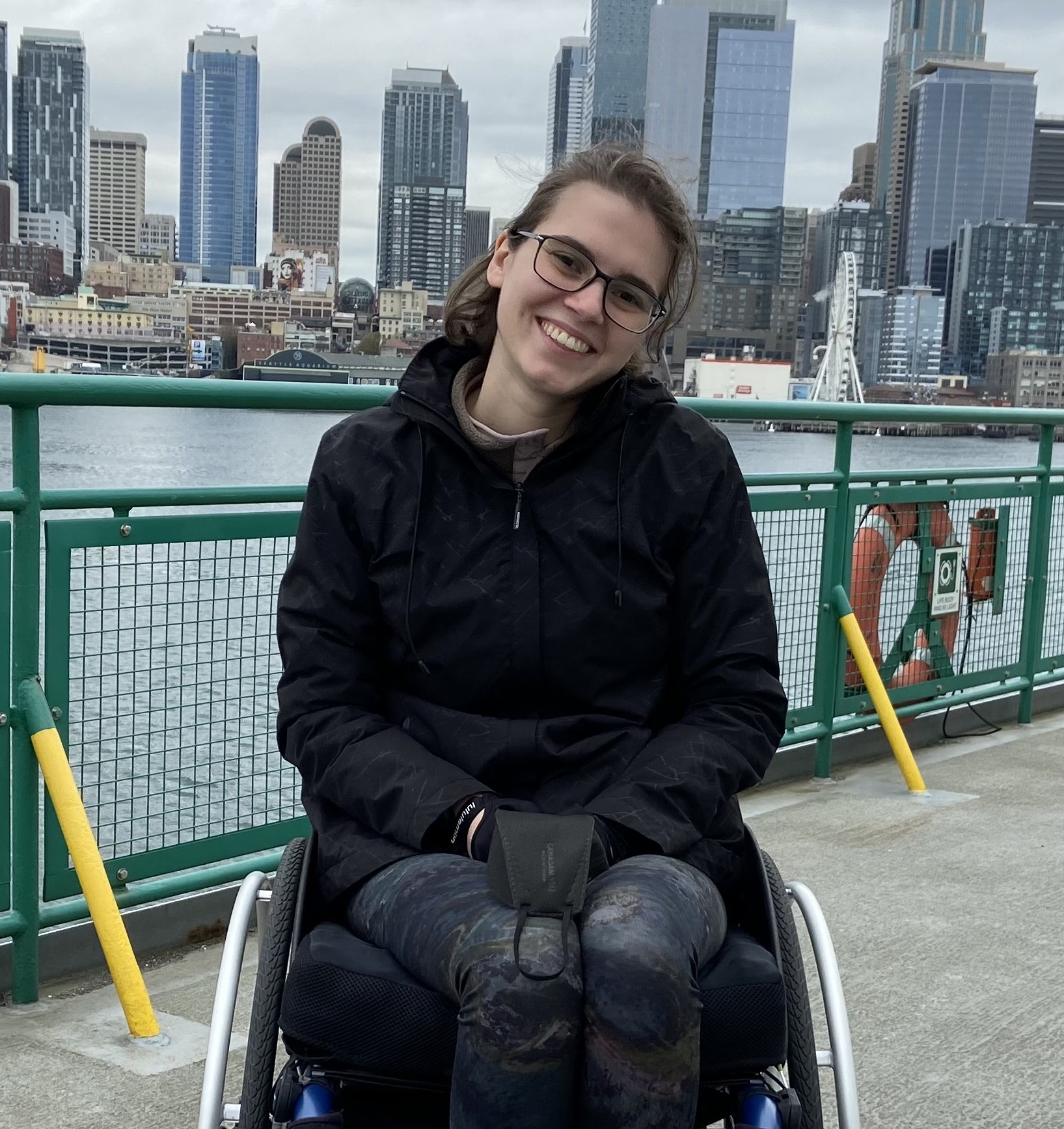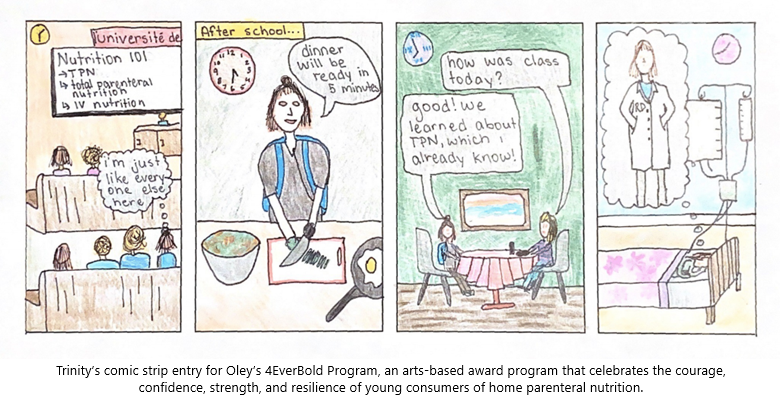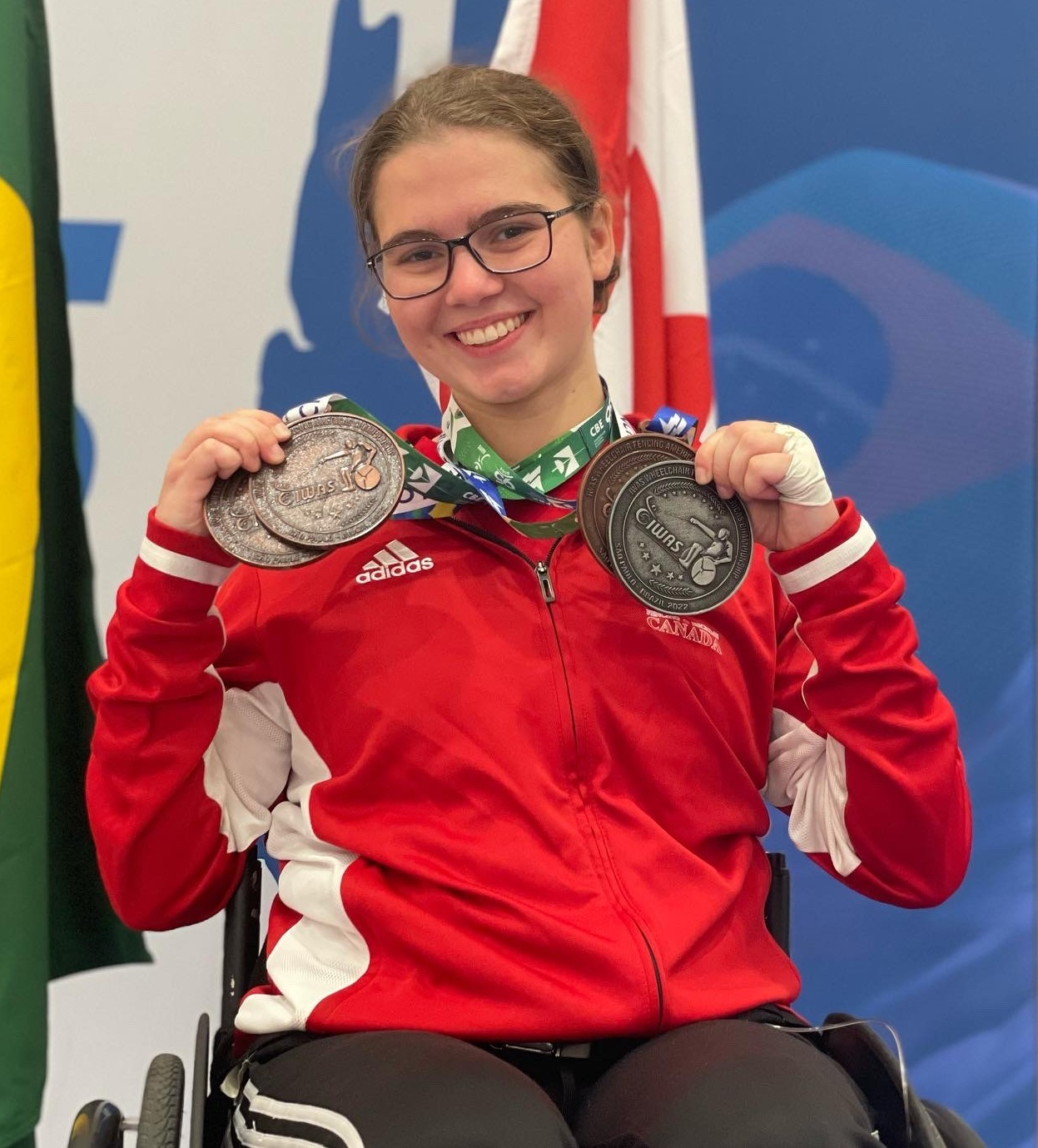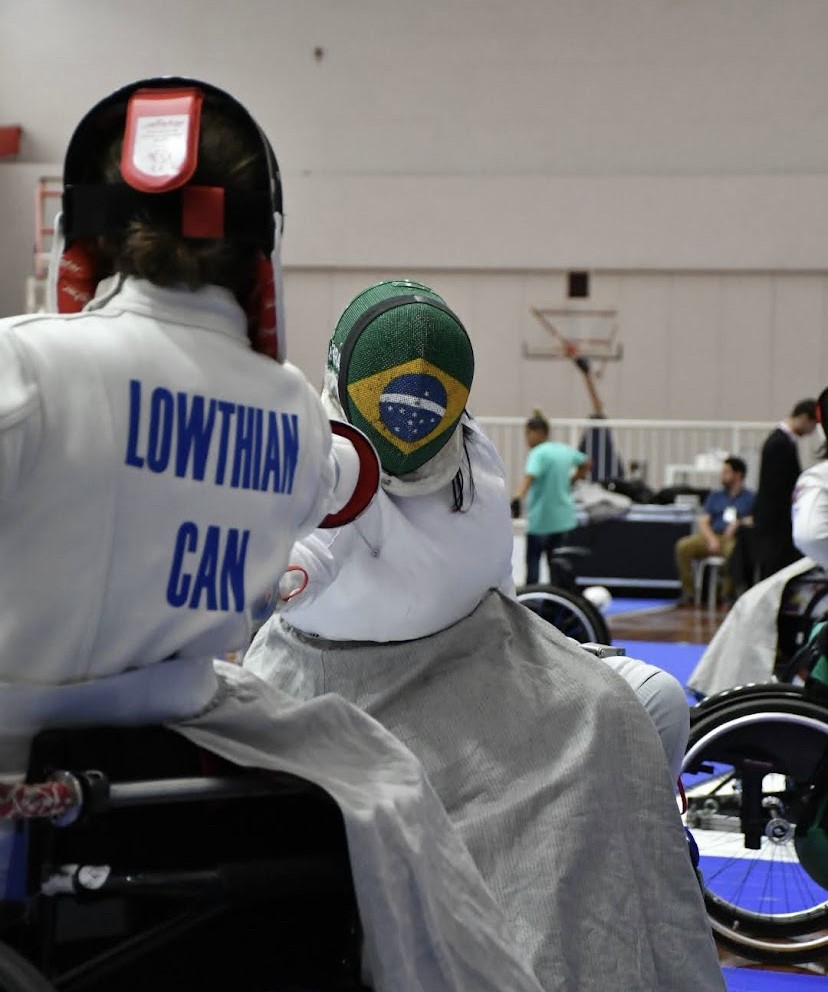 Trinity is a bright and eager 20-year-old in her third year of university. One would say that she is determined, resilient, and tireless, too.
Trinity is a bright and eager 20-year-old in her third year of university. One would say that she is determined, resilient, and tireless, too.
Trinity isn’t satisfied with merely doing well in her Nutrition and Food Sciences program at the University of Ottawa and being on track to become a dietitian. She has also earned not one but two paid internships. And there’s the stack of 30 library books in her bedroom that she somehow finds time to devour. It’s not quite clear when she finds time to sleep.
Oh, but Trinity accomplishes all this—and more—fueled only by parenteral nutrition (PN) or intravenous nutrition.
Her energy, drive, and optimism didn’t come easy, though.
Trinity’s eating problems began slowly when she was just 15. Initially, she brushed her stomach symptoms off as food allergies. By 2018, Trinity couldn’t tolerate any food and was throwing up constantly. She had become so malnourished and dehydrated that she had to be hospitalized.
The doctors immediately suspected that this teenage girl had bulimia or anorexia and looked for a psychological cause. “It took a lot of time for them to take me seriously,” says Trinity.
It was years before Trinity was finally diagnosed with a rare and severe form of autoimmune autonomic neuropathy. This neurological disorder affects the nerves that control the digestive system to where they no longer work properly, making it impossible to digest and process food.
At this time, little can be done beyond treating Trinity’s symptoms. Parenteral nutrition is her only hope for surviving.
As a pediatric patient under Canada’s medical system, Trinity could only receive nutrition therapy in the hospital at first. She had to wait until she turned 18 in January of 2020 to be able to administer PN at home and resume a life not tethered to the hospital.
Just when Trinity finally had the freedom to get out and about, the pandemic hit, and everything shut down.
Isolated and confined, Trinity went looking for others on PN who she could talk with to get a glimpse of her future. “All of the social posts I saw were so negative. I didn’t want to just survive on PN,” says Trinity, “I wanted to thrive.”
Luckily, she found reassurance and new perspectives from the Oley Foundation, which provides educational and networking support for those living with home intravenous nutrition and tube feeding.
“Just seeing younger kids doing well changed my perspective,” recalls Trinity. “They don’t know anything different—it’s normal life for them. I could see little kids who are happy regardless.”
She also found inspiration in the book Love for Imperfect Things: How to Accept Yourself in a World Striving for Perfection by Buddhist author Haemin Sunim.
“He wrote, ‘What distresses us less is the circumstances we find ourselves in than the energy we expend resisting them.’ I wish I had read that much sooner,” says Trinity. “It gave me the self-acceptance I needed. Oh, I can’t eat. That’s ok. It’s the situation I have to deal with.”
And deal with it she has.
Trinity is excelling at school and enjoys interacting with her classmates—with one exception. “I’m studying nutrition, and many of our events are food-related. There’s such a social aspect to eating. I do feel left out,” she admits.
Trinity has shared her condition with only one of her classmates. “She is diabetic, so food-related activities look different for us, but we also bring a unique perspective to our clinical nutrition courses.”
Trinity has other coping mechanisms for sitting at the table with an empty plate. “To relieve some of the awkwardness, I’ll sketch or DJ the meal,” reveals the self-taught guitarist and Taylor Swift fan.

Trinity takes her nutrition for 12 hours overnight while in bed. Preparing the IV solution, injecting the required vitamins and medications, and following all of the safety precautions beforehand adds another 20 minutes. For another 2 hours or so during the day, she’ll take hydration and fluids.
Trinity categorizes it as just part of her daily routine.
Her disease has influenced her goal of being a dietitian. “I want to work on the clinical side of things. I started out thinking I’d work in pediatrics, but I’m not so sure now. I’ve taken some research courses and found them really interesting. I have a personal connection to what’s important in research.”
Whatever direction she goes in, Trinity will bring a unique perspective and lots of compassion and understanding for patients. She already has important insights to share with clinicians and researchers.
“When I was at my pediatric hospital, they would ask, ‘How are you doing? ‘How’s school? ‘How’s your life?’ Now that I’m an adult, I’m asked, ‘How are your intestines?’” Trinity shares. “Patients need to be asked what is important to them, what they want to achieve in life, what they want for their quality of life.”
A recent bout of meningitis has complicated her neurological condition, and she now uses a wheelchair. That, however, hasn’t dampened any of Trinity’s plans for summer break. She has tickets for six concerts, including one in Spain.
“It’s weeks away, but I’ve already started to pack,” she laughs. From Trinity’s perspective, there’s little to worry about traveling to Europe. She’s already learned to live every day joyfully and to its fullest.
October 2022 Update: This summer, Trinity made Team Canada for the 2022 International Wheelchair Fencing Americas Championships in Sao Paulo, Brazil. She won four medals for Canada—a silver and three bronze!
January 2023: Trinity has her sights set on the 2024 Paralymics! In January 2023, she placed 8th overall at a World Cup Event in Washington DC. The points she earns at these events support her Paralympic bid. Read
Trinity's Triumph: Despite a daunting health journey, a wheelchair fencer sets her sights on the 2024 Paralympics, from CTV News Ottawa.


Read more patient stories.